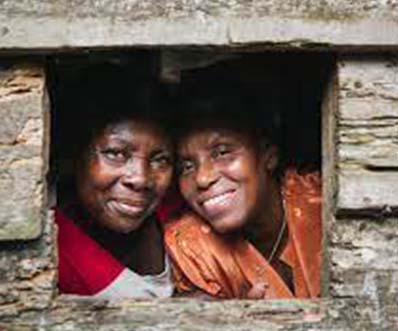SUBJ: Freedom from worries about aging
SUBtitle: Senolytics often not proven for humans
Freedom from worry about cancer, heart disease, dementia, macular degeneration, sarcopenia! Consider the many supplements I take every day! Freedom from concerns about aging decline! Consider how you can slow that decline.
SHORT NOTES: If we switched from agribusiness superfarms to 1.43 hectare unit nitrogen-sparing agriculture in the US, we would require less than half the current cropland, we could eat as much beef, and have lots of crops left over to export; Eat cruciferous veggies esp. when pregnant; Get enough vitamin E when pregnant: Vitamin E is necessary for embryonic development; Plain vitamin C is as good as pricey products; The mechanism underlying curcumin’s protective effect on osteoarthritis (OA) has been clarified; Spermidine may protect against arthritis; Napping may be beneficial for athletes; Fisetin and other senolytics still require human verification
LONG NOTES
If we switched from agribusiness superfarms to 1.43 hectare unit nitrogen-sparing agriculture in the US, we would require less than half the current cropland, we could eat as much beef, and have lots of crops left over to export. Science 25 June pg 1407
From Spring Linus Pauling Newsletter:
1.Eat cruciferous veggies esp. when pregnant: When we talk about dietary indoles, we are referring to indole-3-carbinol, which is also known as I3C. Cruciferous vegetables contain a compound called glucobrassicin. When we chew these vegetables, an enzyme in the plant cells called myrosinase reacts with glucobrassicin to form I3C. We were attempting something different in our cancer studies: to see if a maternal diet could protect offspring from carcinogens. Could anticarcinogens derived from food protect the expectant mother and the developing fetus? I3C was the most protective of all of the compounds we tested. Chlorophyll and green tea extracts also seemed to be moderately protective
2. Get enough vitamin E when pregnant: Vitamin E is necessary for embryonic development of all vertebrates. As a fat-soluble antioxidant, vitamin E helps prevent the oxidation of fatty acids in the cell. This is especially important for cell membranes rich in polyunsaturated fatty acids, which are abundant in the nervous system. Normally, embryonic development is a highly regimented process: the order of events is very tightly controlled to carefully construct groups of cells that will eventually become the organs and bodily structures. Without vitamin E, this process breaks down
3. Plain vitamin C is as good as pricey products: In terms of absorption of dietary supplements, there is little difference in what type of vitamin C formulation you take, despite claims by vitamin manufacturers.
The mechanism underlying curcumin’s protective effect on osteoarthritis (OA) has not been clarified. Curcumin’s chondroprotective effect was mediated by its suppression of miR-34a, apparently by reducing apoptosis,
Spermidine (SPD) is a naturally occurring polyamine. In this study, we examined the role and possible mechanism of SPD in collagen-induced arthritis (CIA) in mice. These results suggest that SPD may protect CIA mice by inhibiting the polarization of M1 macrophages in the synovial tissue, reducing pro-inflammatory cytokines, and promoting anti-inflammatory factor release.
Napping may be beneficial for athletes. The objective of this systematic review was to 1) determine how studies evaluated napping behavior in athletes (frequency, duration, timing and measurement); 2) explore how napping impacted physical performance, cognitive performance, perceptual measures (eg, fatigue, muscle soreness, sleepiness and alertness), psychological state and night-time sleep in athletes. Athletes may consider napping between 20 to 90 min in duration and between 13:00 and 16:00 hours. Finally, athletes should allow 30 min to reduce sleep inertia prior to training or competition to obtain better performance outcomes.
Fisetin and other senolytics still require human verification


